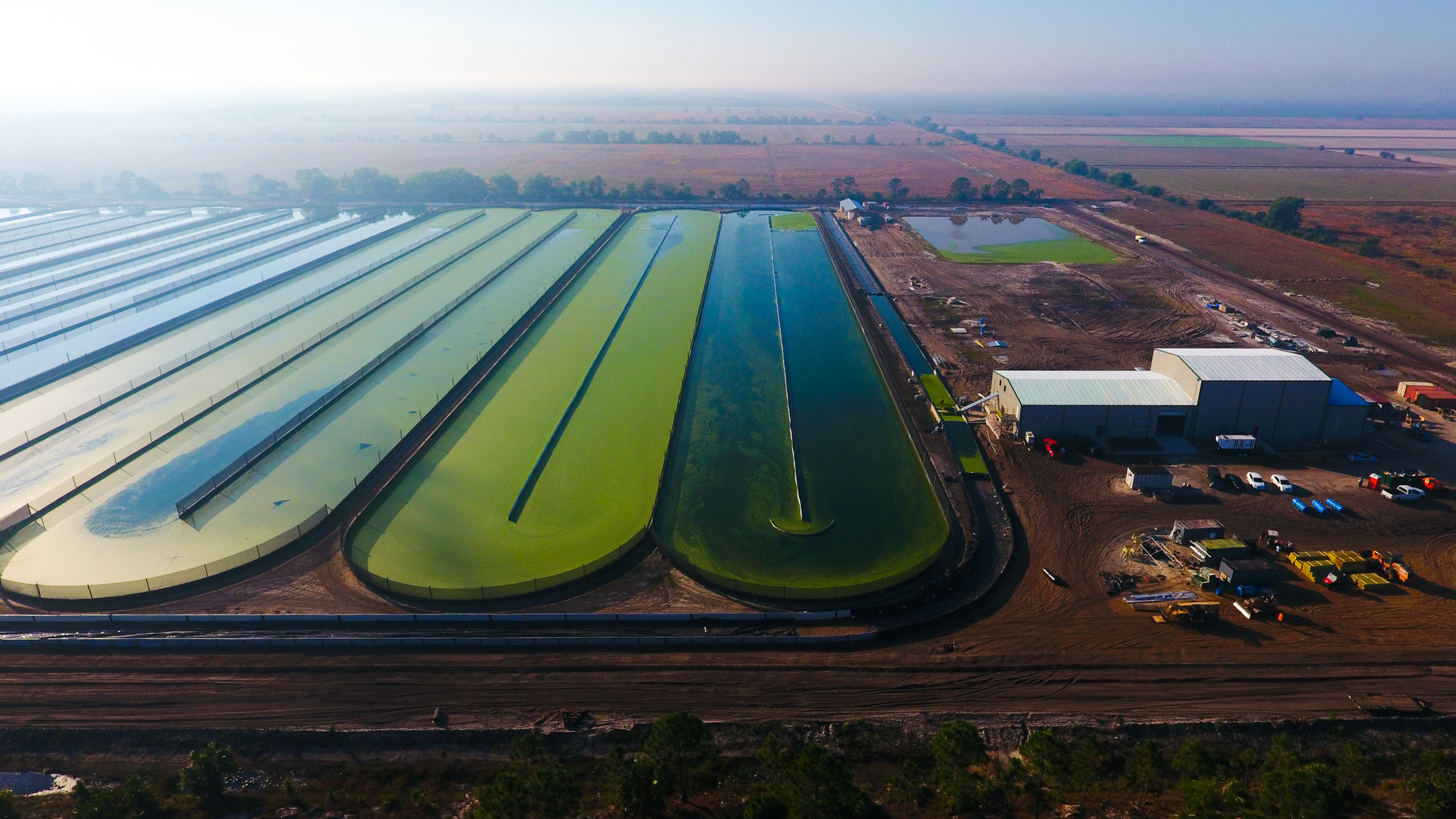Americans eat approximately one-fifth less beef today than they did in 2005.
As a result, a number of plant-based “meat” startups have popped up in the last decade. They’ve created everything from burgers made of pea protein to shrimp made of algae.
A new Florida-based food startup called Parabel is also trying to fulfill consumer’s hunger for plant-based protein – by growing water lentils in a massive aquafarm. Water lentils taste similar to normal lentils (they have a sweet and mild planty flavor), but grow in nutrient-rich water rather than soil.
Parabel produces a protein powder, called Lentein, from the water lentils it harvests. Lentein powder contains 45% protein, about the same amount as most soy-based protein powders. Parabel’s powder, which the company will start selling later this year, can be mixed into smoothies, water, or be used to make homemade protein bars.
Production at the company’s $10 million, 100-acre farm, which has a production capacity of 500 tons of water lentils per year, began in March. The startup is now starting construction on a new 600-acre aquafarm, which will be completed in late 2017.
Keep scrolling for an inside look of the first farm.
Parabel's first 100-acre aquafarm is located in Fellsmere, Florida. In late 2017, the startup will launch another farm (in Vero Beach, Florida) that will be six times larger and will produce up to 3,500 tons of water lentils per year.

The startup’s 100-acre farm, pictured below, has a production capacity of 500 tons of water lentils per year. The lentils are grown in the pools, and then ground up to form Parabel’s protein powder.

Water lentils, also known as duckweed, taste slightly sweet. Unlike normal lentils, Parabel’s are grown hydroponically (in nutrient-rich water rather than in soil).

Part of the family lemnaceae, the crop is one of the world’s smallest flowering plants.

The aquafarm features multiple rows of separate ponds, so that the farmers can manage the water properly, Parabel CEO Anthony Tiarks tells Business Insider.

First, the farmers add seeds and inoculants — beneficial bacteria that acts as a fertilizer — to the water. To monitor the crops and add nutrients, they wade through the pools, which are about two feet deep.

As the lentils sprout, they turn a bright green color. It takes about three weeks to go from seeding to harvest.

Because of Florida’s sunny weather conditions, Parabel can harvest its legumes daily for 10 months out of the year.

After the lentils are harvested, they are ground up into the powder, which Parabel sells.

Lentil farming emits just 1 kg of carbon dioxide for each kg of lentils harvested, while cattle farming generates 27 kg for every kg of meat.

Source:The Environmental Working Group/The Washington Post
However, it does take about 71 gallons of water to produce one ounce of lentils in soil (though that’s still less than beef). Parabel’s facility uses a great deal of water too, but Tiarks says the farm recycles 95% of the water it uses.

Source:UNESCO/The Los Angeles Times
The greatest challenge for the farm is dealing with hurricanes, which can easily disrupt the growing process. It can take a few days to recover after a bad storm.

Tiarks believes that more people will gravitate toward plant-based protein, like water lentils, over the next decade.

“The world is running out of fresh water and arable land,” he says. “We will not be able to feed the global population unless we change the way food ingredients are grown.”


